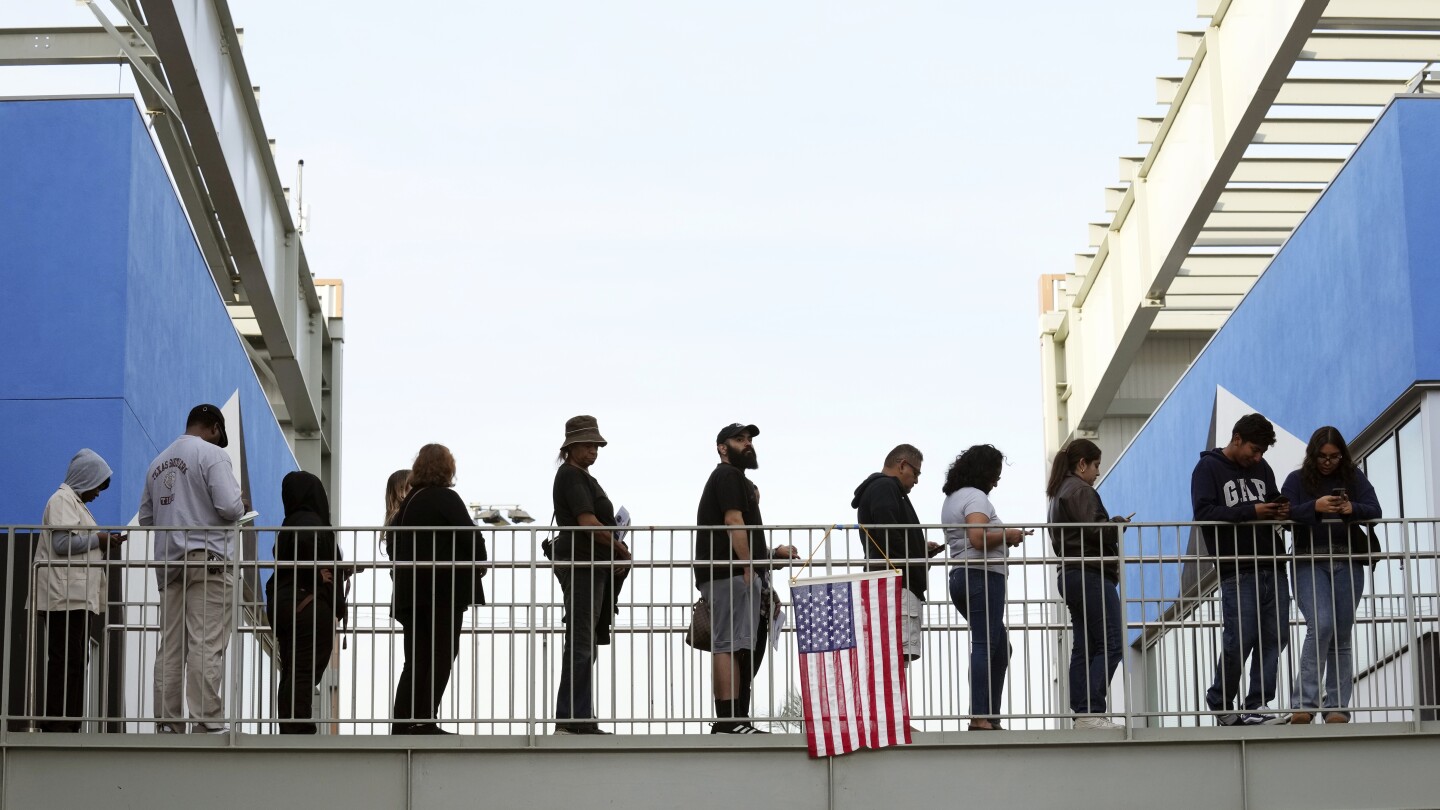Summary
The 2024 presidential election saw record-high turnout nearing 2020 levels, with over 152 million ballots cast.
Donald Trump won both the Electoral College and the popular vote by nearly 3 million votes, defying conventional wisdom that high turnout benefits Democrats.
Key swing states like Georgia, Michigan, and Pennsylvania had increased turnout, with Trump outperforming Kamala Harris in battlegrounds despite her strong voter mobilization.
The GOP’s focus on early and mail voting, as well as targeting infrequent voters, proved effective, signaling a shift in Republican turnout strategies in the Trump era.



Do we have any stats showing what percentage of eligible voters turned out this year? If the US population keeps increasing, we’d expect “record turnout” every election.
According to Wikipedia, about 155.5 million people voted in 2020 and so far, there are about 150.2 votes counted this time (98% of votes counted). They say that in 2020 we had a 66.6% turnout, but until all the votes are counted, we don’t have a turnout number yet. That said, it seems on track to be a little lower than 2020, although not by a huge margin.
These numbers exclude third parties and independents.
When those are included, 2020 included 158.4 million votes, and the current count so far in 2024 is about 153 million.
63 and a half percent. Third highest since 1900, only behind 2020(65.8%) and 1960(high 64s to low 65s depending on source). For context, 2008 was 61.6, 2016 was 59.2, and 2000 was 54.3.